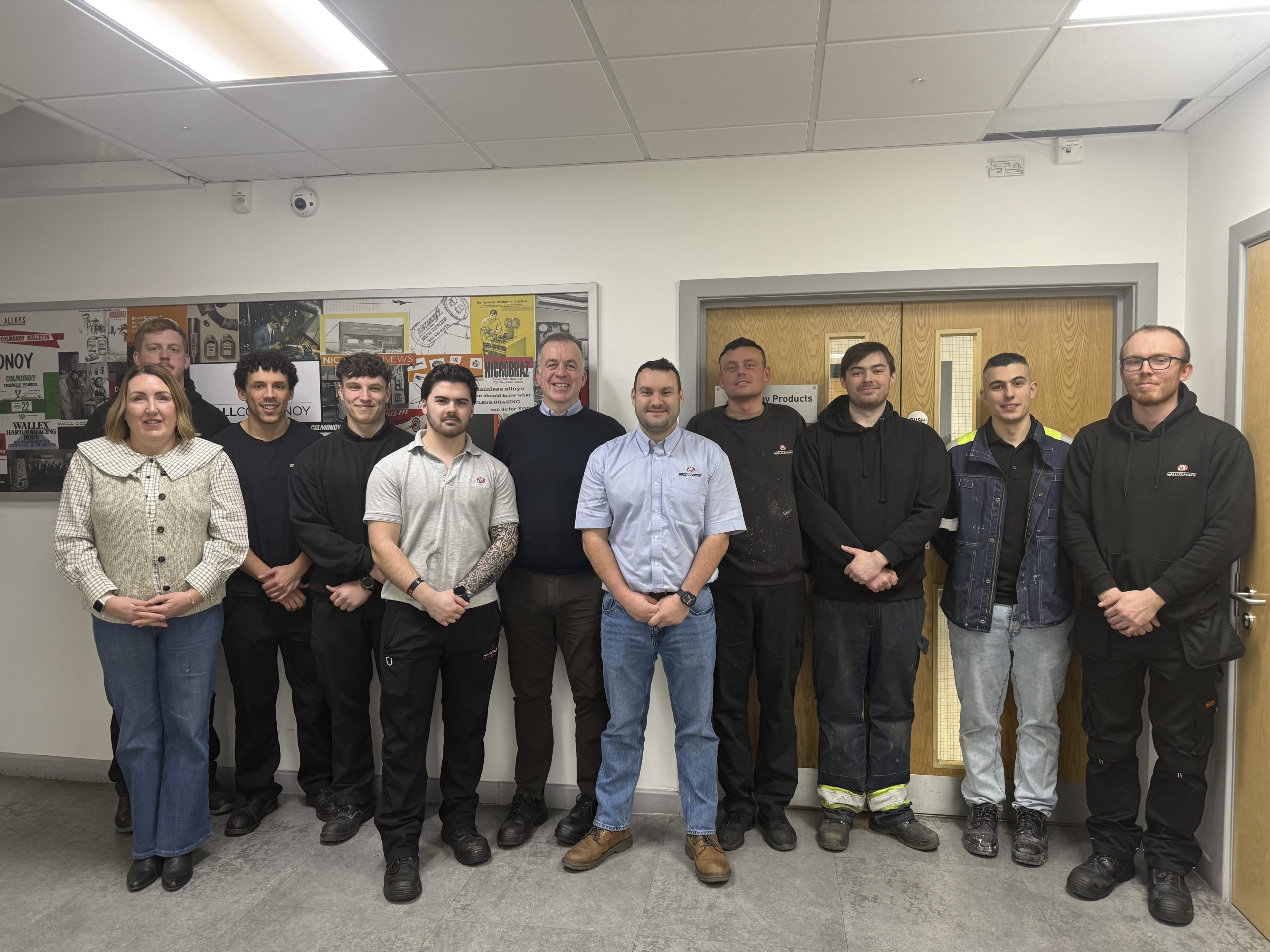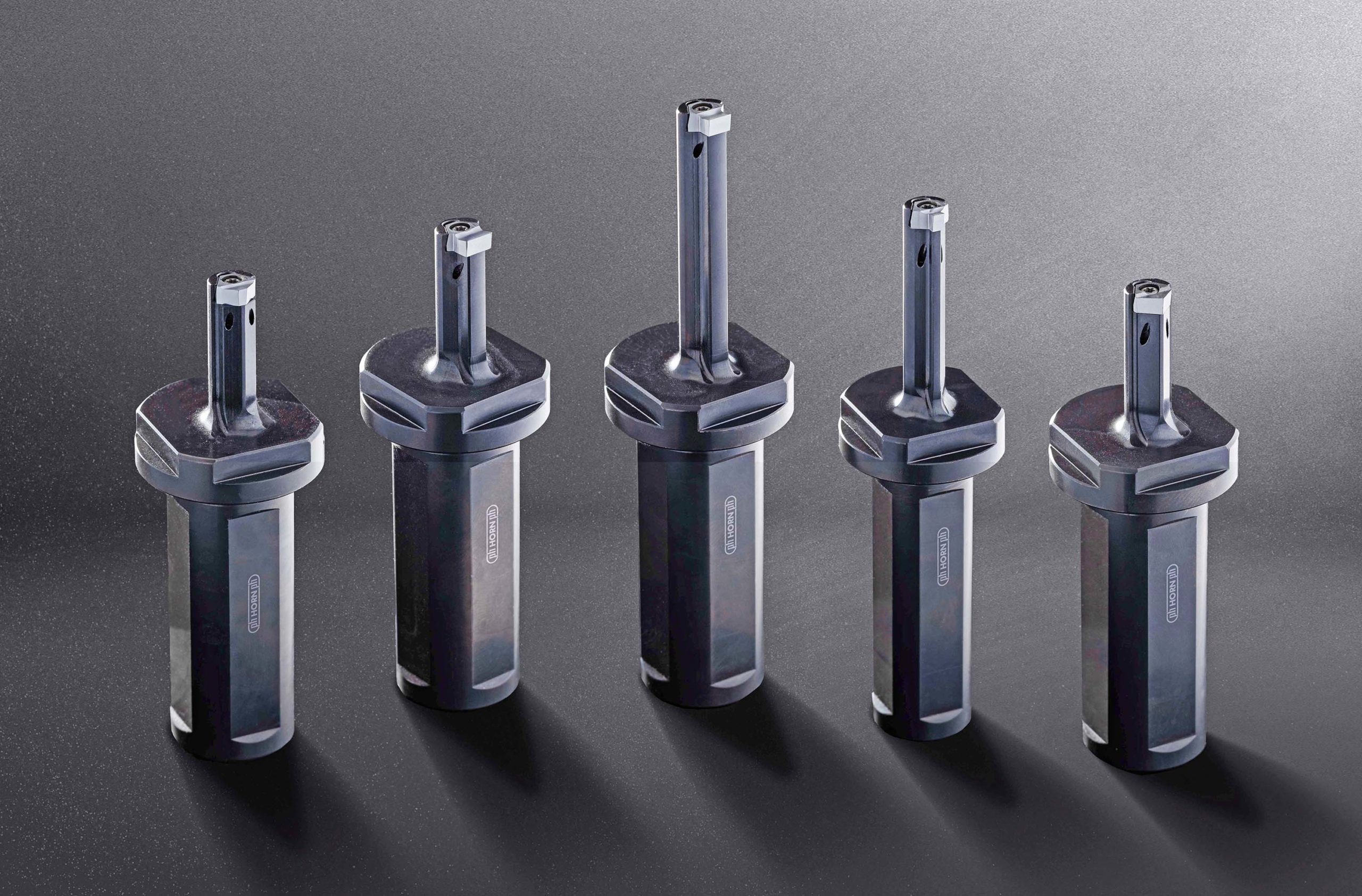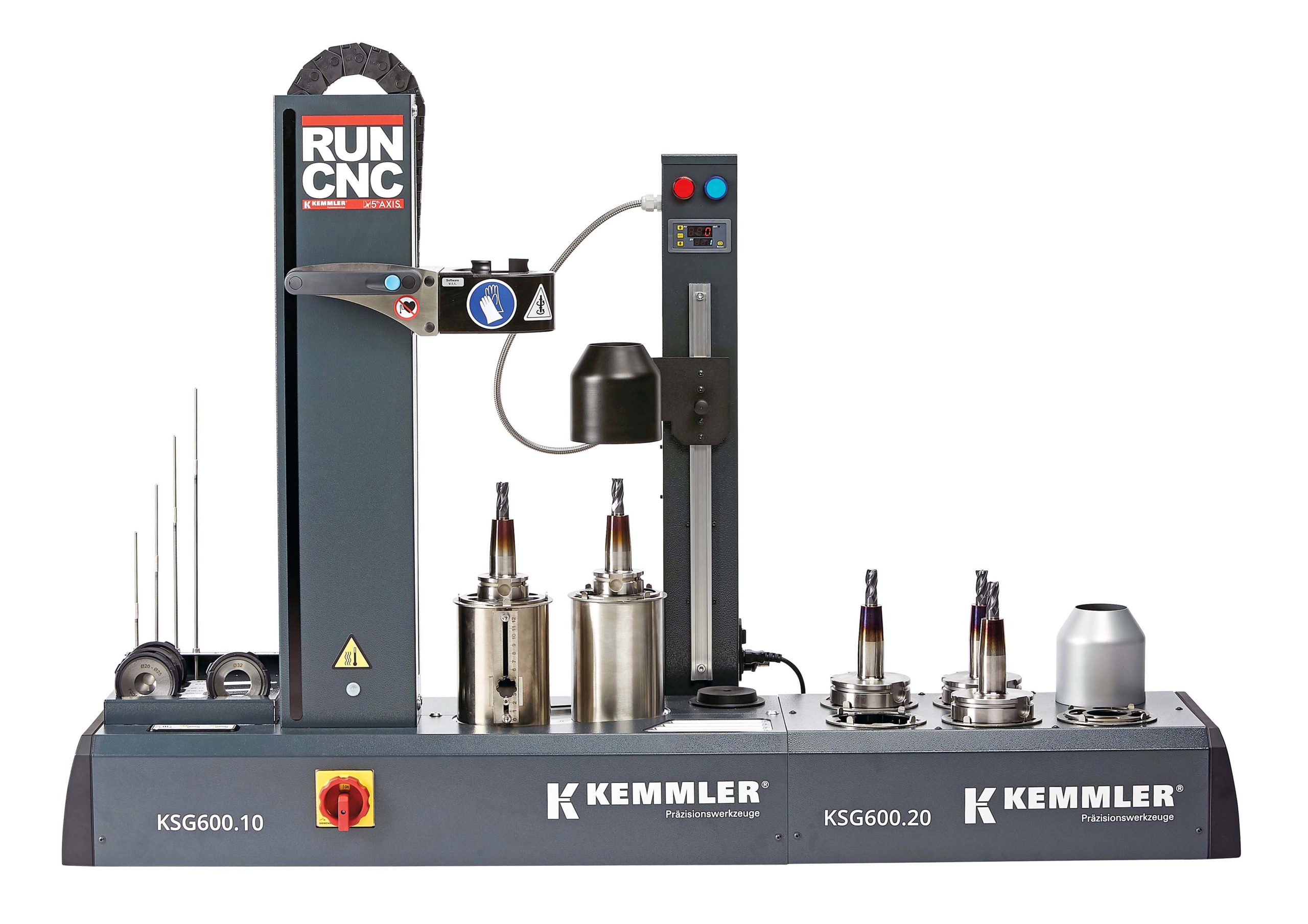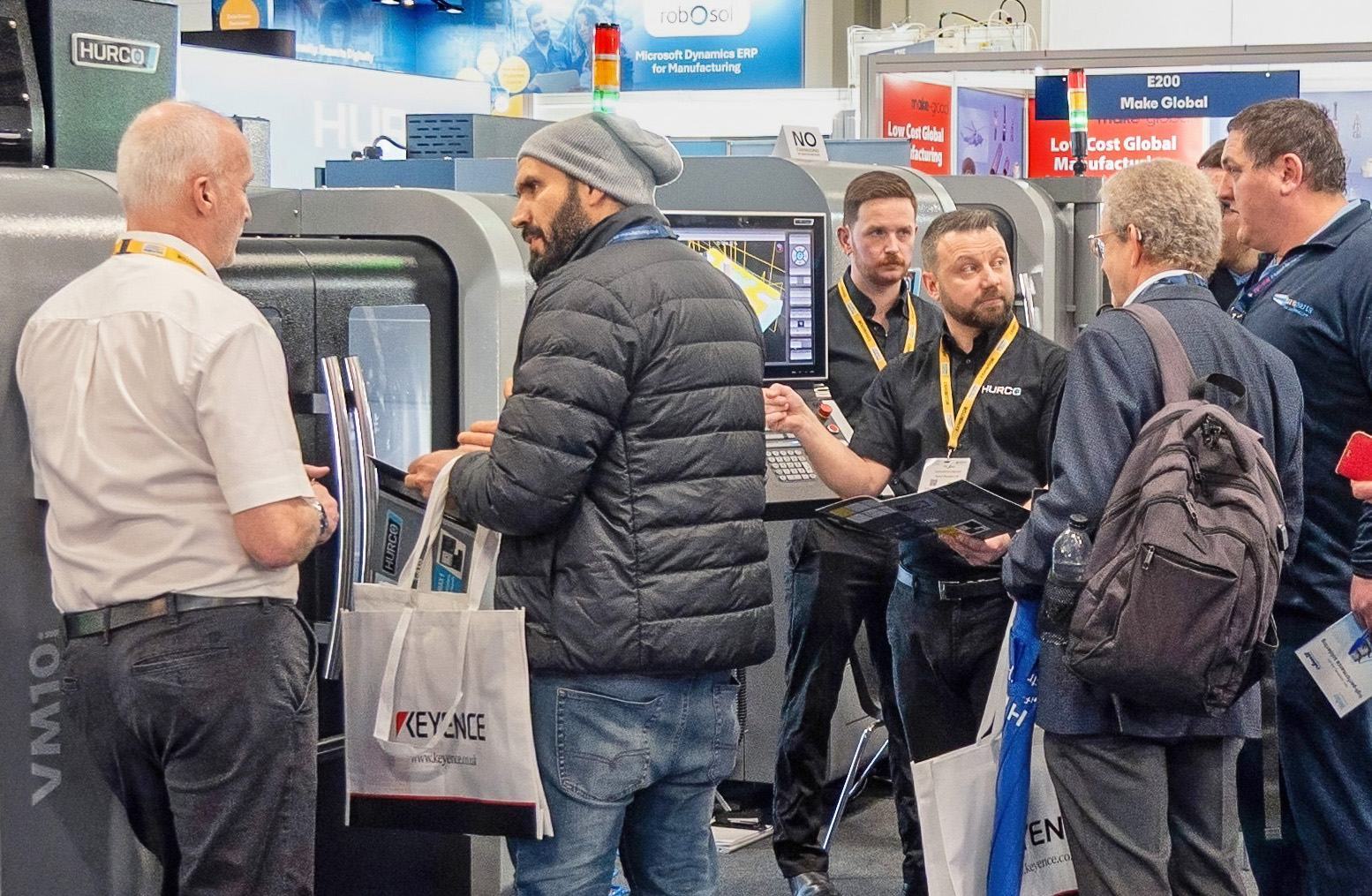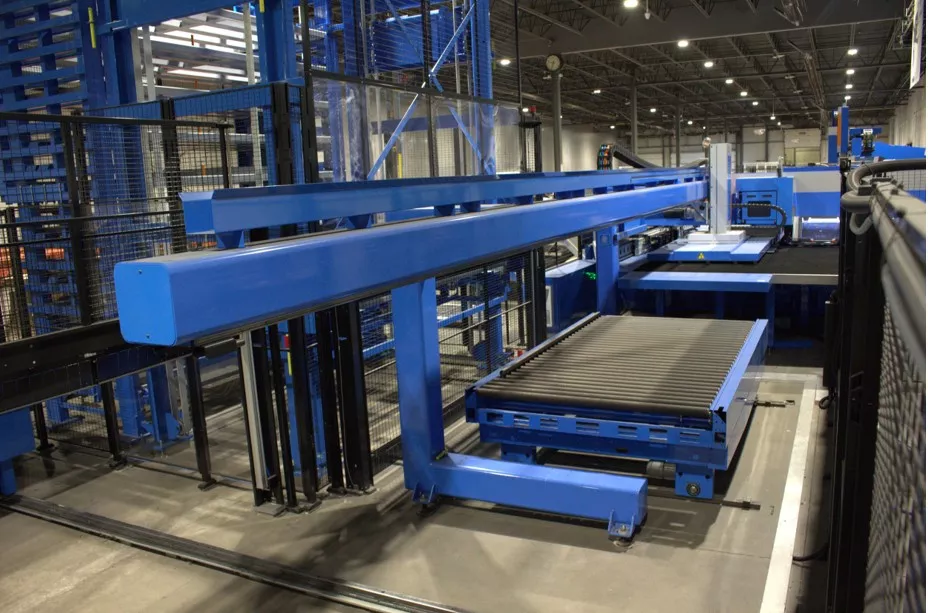Transforming machining in the oil and gas industry

The oil and gas industry is a cornerstone of the global economy, demanding the highest levels of precision, efficiency and durability in its operations. At the heart of this industry lies the need for advanced machining solutions capable of handling the rigorous requirements of drilling, extraction and production processes. ISCAR, a global manufacturer of cutting tools, has risen to this challenge by providing state-of-the-art tools that are transforming machining practices in the oil and gas sector.
As the world’s population continues to grow, with 9.7 billion people expected by 2050, so does the average standard of living driven by sustainable economic growth in emerging and developed economies. Investments in R&D and manufacturing technology are crucial to maintaining a long-term competitive advantage. While making these important investments, companies also must focus on controlling costs, improving productivity and searching for new technologies.
There is growing demand for machining exotic materials in the oil and gas industry, capable of withstanding hostile environments such as high temperatures, corrosion and extreme pressure conditions. For this purpose, ISCAR brings its customers innovative solutions that conform to the world’s highest quality assurance standards.
The oil and gas industry is usually divided into three main segments: upstream, midstream and downstream. Midstream operations are often included in the downstream category.
While the upstream sector involves all the activities related to the exploration and production (E&P) of crude oil and natural gas, the upstream oil and gas segment includes exploration for potential underground or underwater oil and natural gas reservoirs, drilling of exploratory wells, and operating/producing the oil and natural gas wells that ‘pay’ with crude oil and/or natural gas.
Drill bits are part of the downhole equipment used to dig down into the earth’s crust. Like a common hand-held drill, the spinning of the drill bit allows for penetration of even the hardest rock. The drill bit is located at the bottom end of the drill string and is responsible for contacting the sub-surface layers and drilling through them. It is responsible for breaking up and dislodging rock, sediment, and anything else that may be encountered while drilling.
Manufacturing of the drill bit includes various cutting operations that represent the main machining processes, such as external turning, milling slots, drilling holes for carbide bits, and deep drilling. ISCAR’s portfolio for the drill bit production includes standard and specially tailored tools that allow for high metal removal rate to reduce machining costs.
ISCAR offers pipe machining solutions with profile milling cutters (for welding edge preparation) featuring innovative designs based on precise exchangeable segments. Strong tangential inserts enhance the performance of these reliable tooling systems, ensuring minimal cutting tool maintenance costs and fast segment replacement.
Coupling machining with the Charpy V-Notch test, a standardised high strain rate test, determines the amount of energy absorbed by a material during fracture. This absorbed energy is a measure of a given material’s toughness and acts as a tool to study temperature-dependent ductile-brittle transition. It is widely applied in the industry, as it is easy to prepare and conduct, and results can be obtained quickly and cheaply.

In wellhead machining, where the ‘easy oil’ era has come to an end, nine out of ten of the world’s giant oil fields are being depleted. The next frontier relies on deepwater and ultra-deepwater exploration research, which is critical to unlocking more oil to meet the world’s growing demand.
In pressure valve machining, valves, fittings and pumps are popular components in pressure control systems, providing the requested security under heavy-duty conditions for surface and subsea operations. The high strength of corrosion-resistant steels, as well as duplex and super duplex stainless steels, ensures long-lasting pressure systems. Other exotic materials such as nickel-based superalloys are also well known in this sector. ISCAR has a wide range of tooling and carbides for these materials. It is only the process of tooling selection that needs addressing, which is where ISCAR says its experience offers a great advantage over other cutting tool suppliers.
In pressure control parts, high-temperature alloys generate very high temperatures during machining. By effectively removing metal with JET-HP-LINE products, which feature high-pressure coolant (HPC) supply, the life of the cutting edge sees dramatic improvement, and the chips become less ductile and easier to break.
ISCAR also has solutions for the machining of frac pumps. Hydraulic fracturing equipment used in oil and natural gas fields usually consists of a slurry blender and one or more high-pressure, high-volume fracturing pumps – such as triplex or quintuplex pumps.
The downstream segment of the oil and gas industry covers the refining and transformation of hydrocarbons into more valuable products such as fuels, lubricants and petrochemicals, including fertilisers, rubbers and polymers. Compressors, steam turbines, heavy-duty gas turbines, reactors and steam condensers are widely used in the downstream sector and are present in refineries, oil rigs, liquefied natural gas (LNG) plants and more. One of the most important pieces of equipment at these industrial sites, especially in the oil and gas industry, is the heat exchanger, which is designed to transfer heat efficiently. Despite their name, heat exchangers can be used for either heating or cooling. In the oil and gas industry, they are typically used for the purpose of cooling.
ISCAR says its cutting tools are renowned for their superior performance, reliability and innovation. The company offers a comprehensive range of tools designed to meet the specific needs of the oil and gas industry, including turning, milling, drilling and threading solutions. These tools are engineered to handle the toughest materials, such as high-strength steels, stainless steels and exotic alloys, which all see common use in oil and gas applications.


